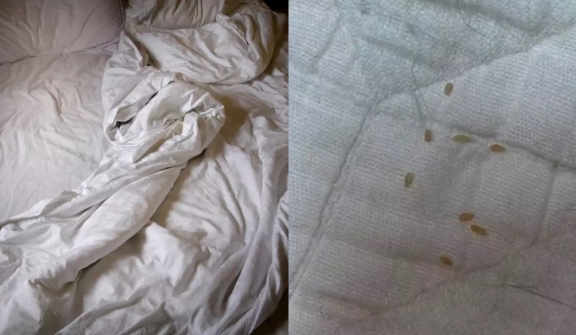
A woman recently made a disturbing discovery when she found small, sesame seed-sized objects on her bed.
Concerned about their origin, she turned to the online community for answers. However, she didn't know that the truth behind these mysterious spots would be far from what she expected.
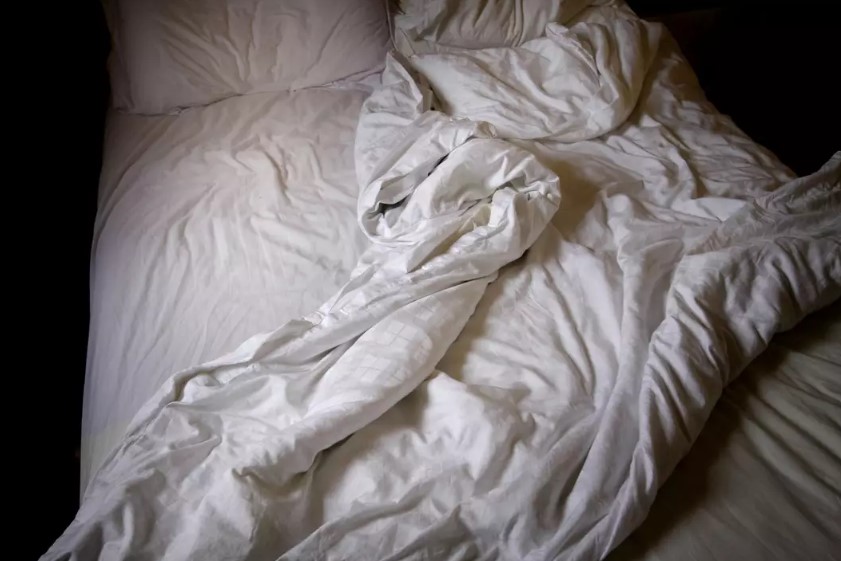
It can be difficult to tell if your bed sheets need to be changed, especially if they don't look or smell dirty.
However, experts from the Sleep Foundation suggest that it's best to wash your sheets once a week. Surprisingly, only 28 percent of people follow this advice.
She went to Reddit and asked for help in figuring out the strange brown spots that had been showing up on her bed for the last couple of weeks.
She suspected her two cats might be the cause and desperately sought advice.
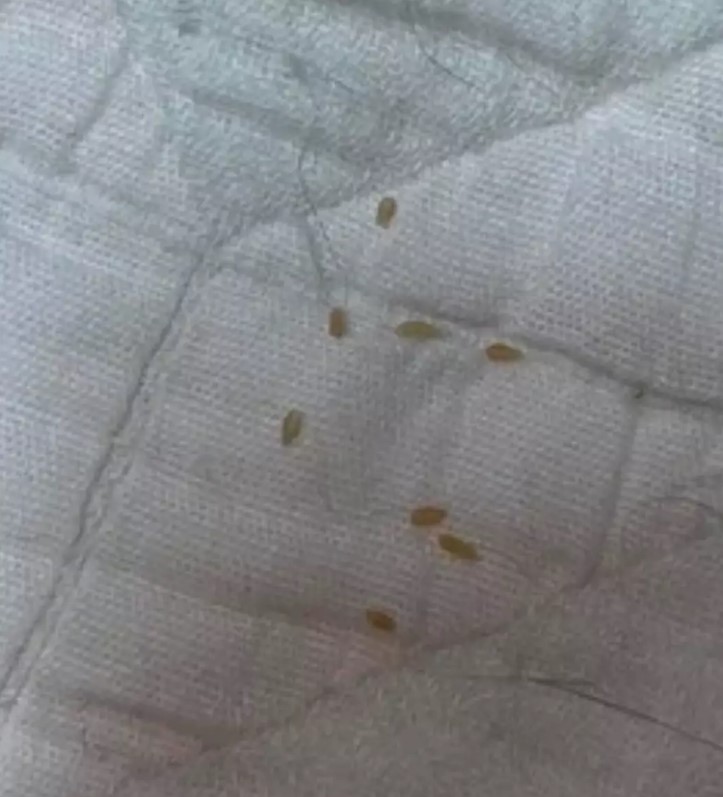
Other people on Reddit quickly joined the conversation and shared their thoughts, revealing that the source of the brown spots was more concerning than initially believed.
A person who claimed to be a vet explained that the objects were not roundworms but segments of tapeworms called proglottids, which contain eggs.
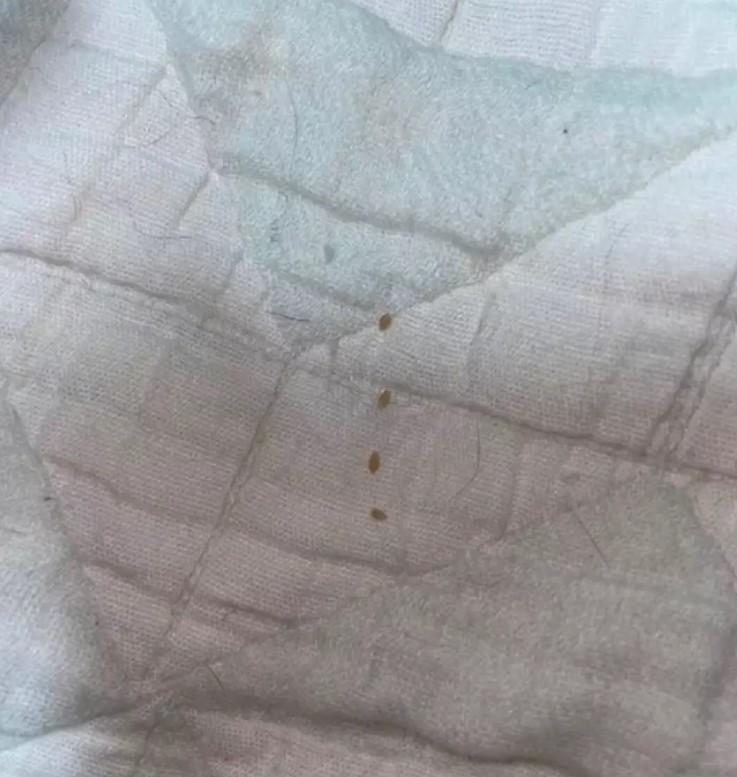
They mentioned that the specific type of tapeworm was likely Taenia taeniaeformis, which cats get by eating infected mice or rabbits.
Users also advised her to treat her cats for fleas, as another common cat tapeworm called Dipylidium caninum is spread through fleas.
More advice highlighted the crucial need to seek professional advice from a veterinarian before making any decisions.

A user shared a story of their own dog, cautioning that attempting to treat worms without proper guidance resulted in severe illness for their pet.
They emphasized that only a vet could determine the right treatment and medication for the situation.
Another user agreed, confirming that the cats were indeed the cause of the tapeworms, likely from ingesting fleas carrying the parasites.
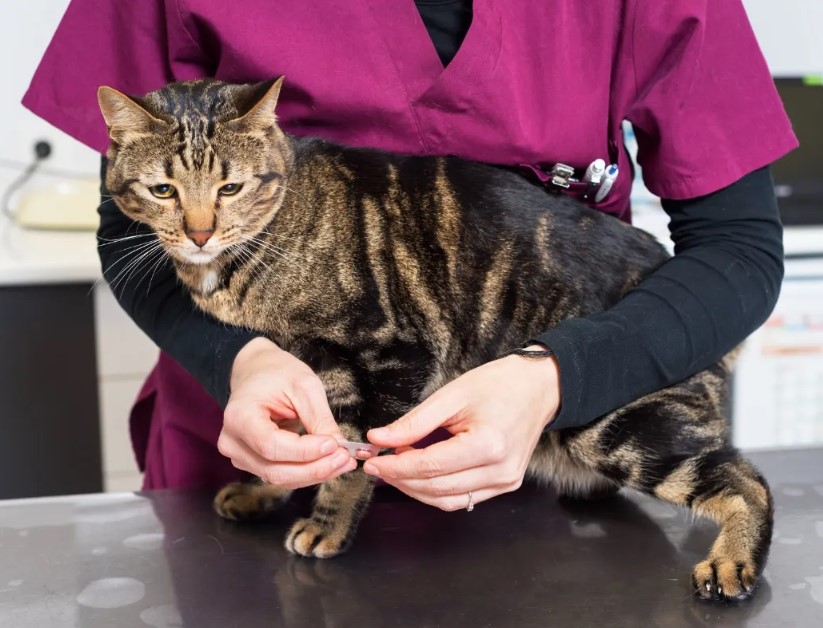
They strongly urged the woman to take her cats to the vet to obtain deworming tablets and eliminate the tapeworm infestation.
According to the Mayo Clinic, tapeworm infections are typically treated with anti-parasitic drugs. In some cases, surgical removal of the cyst may be necessary for larval cyst infections.
The clinic also mentioned that other medications might be administered to alleviate symptoms.




